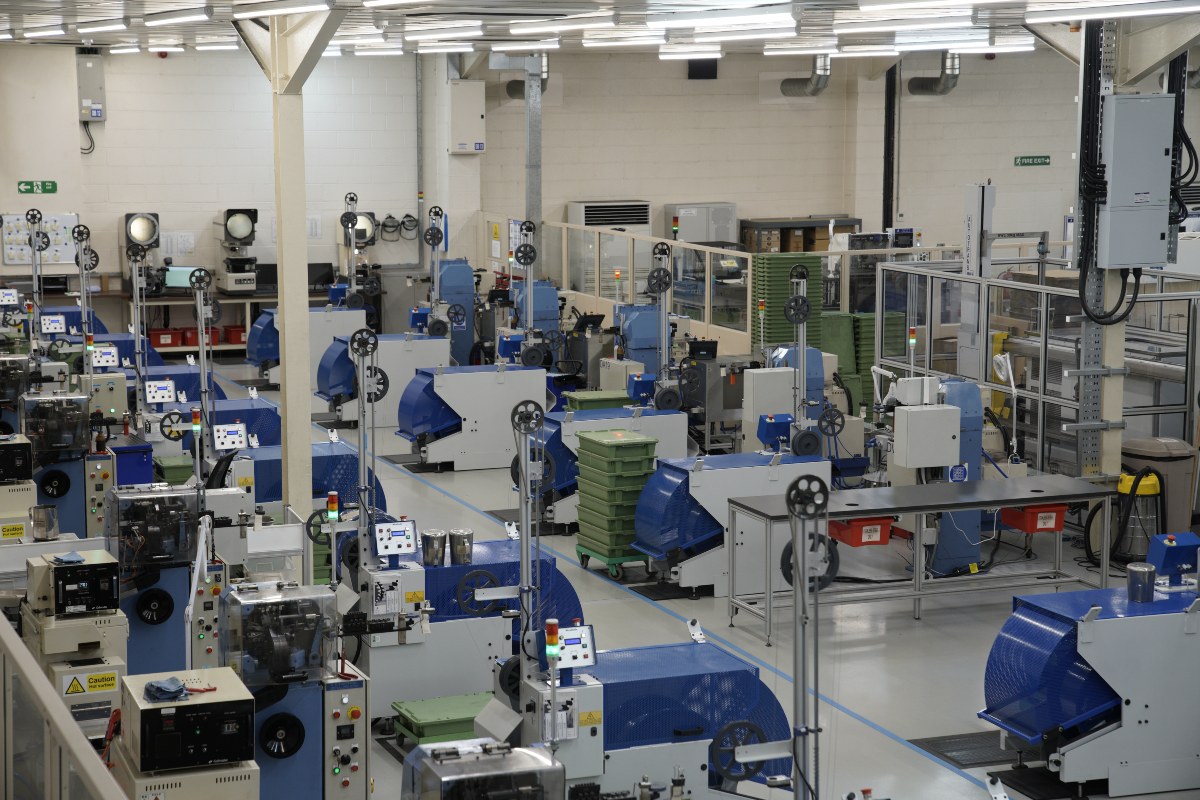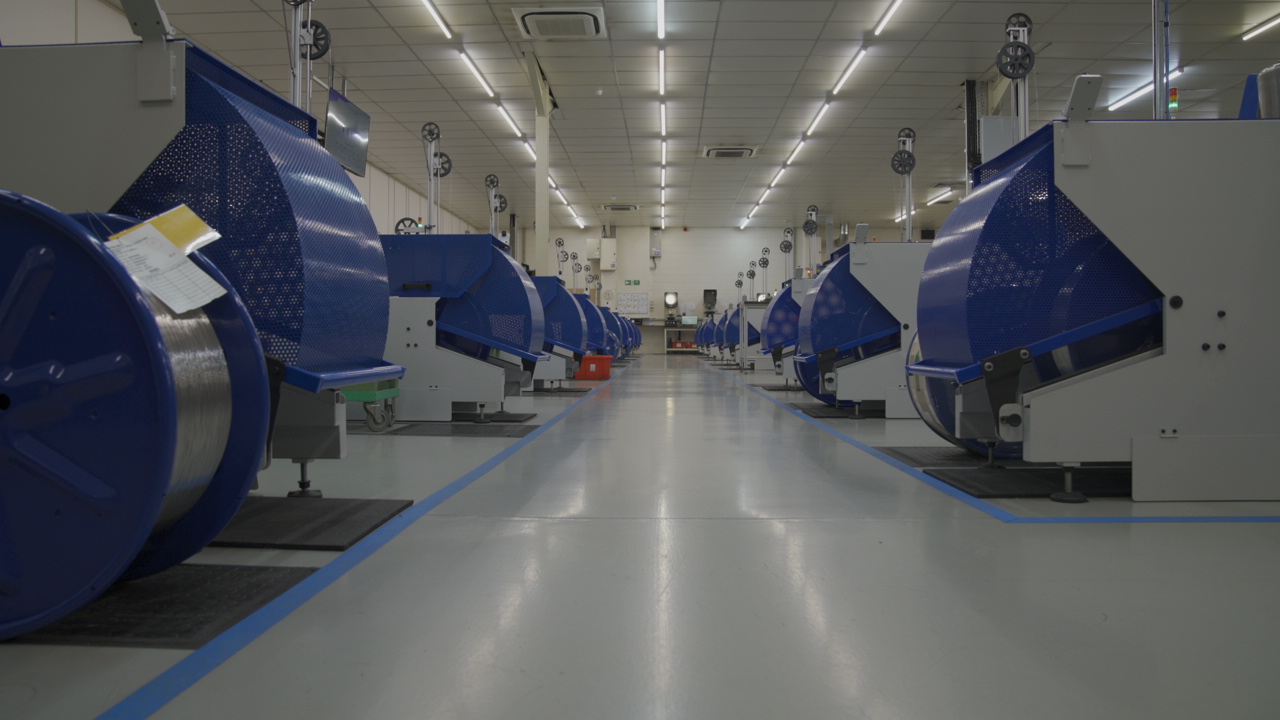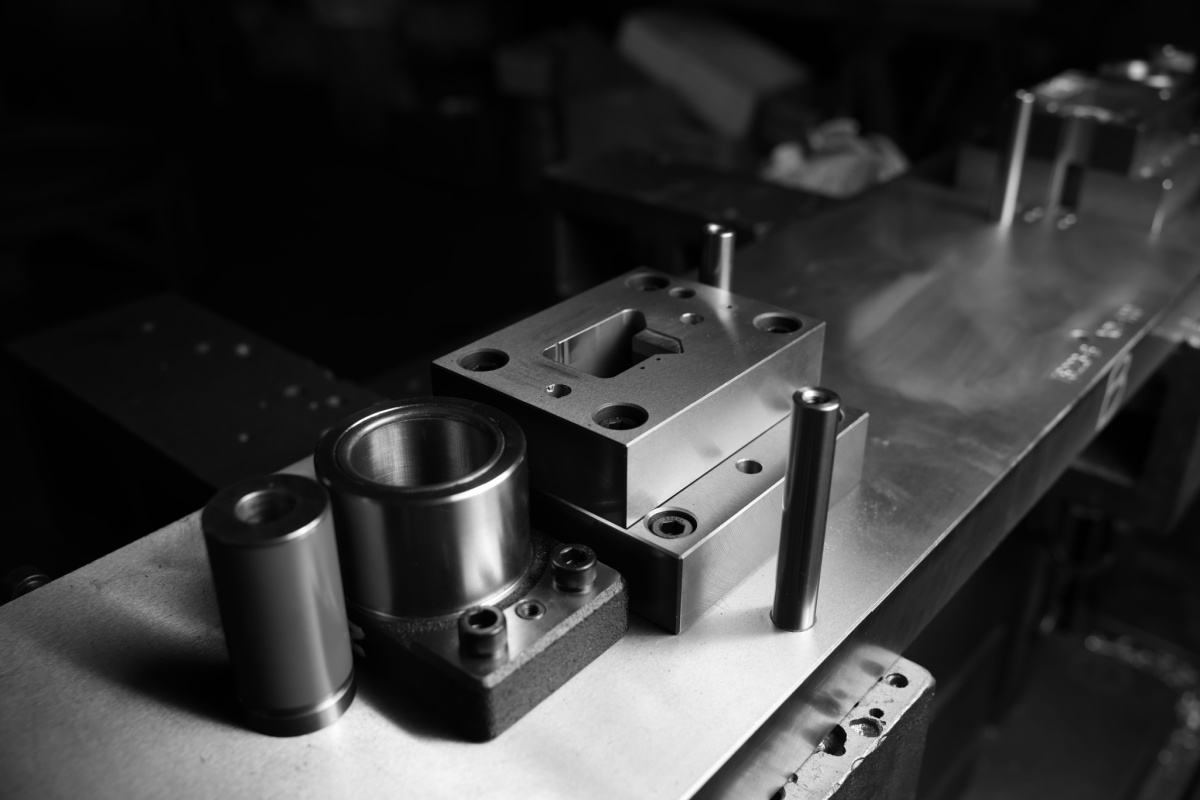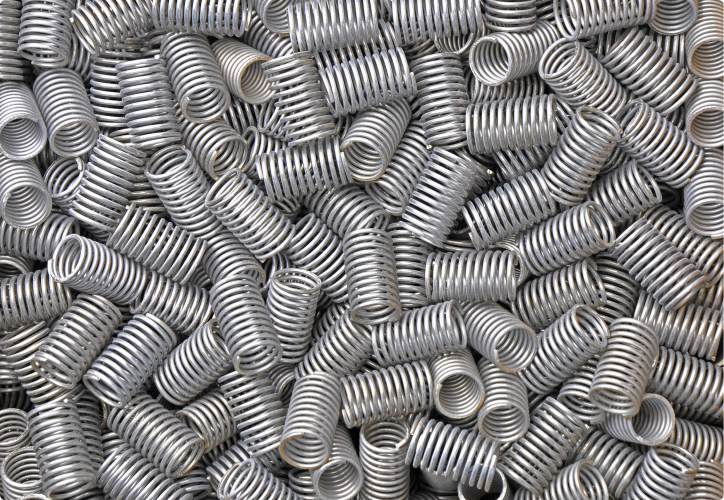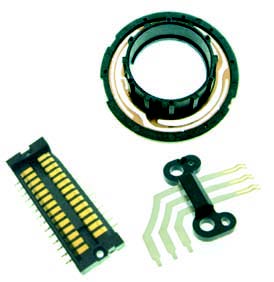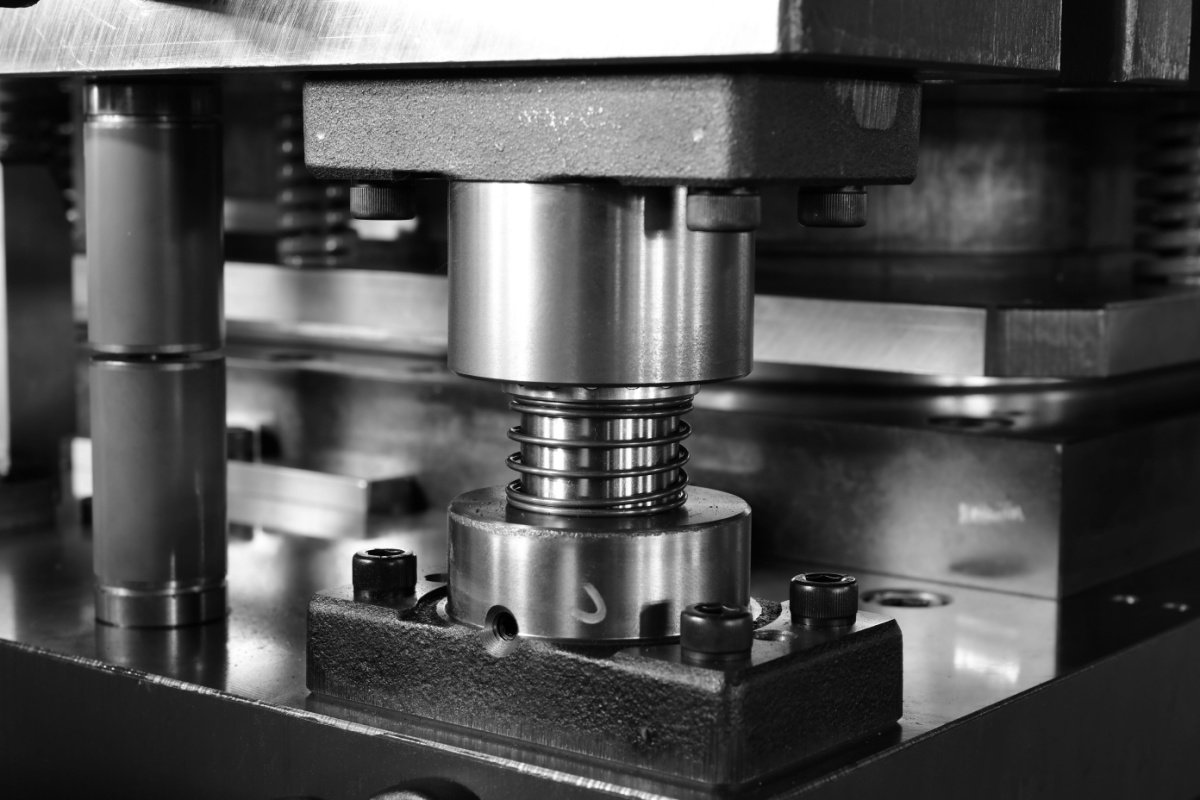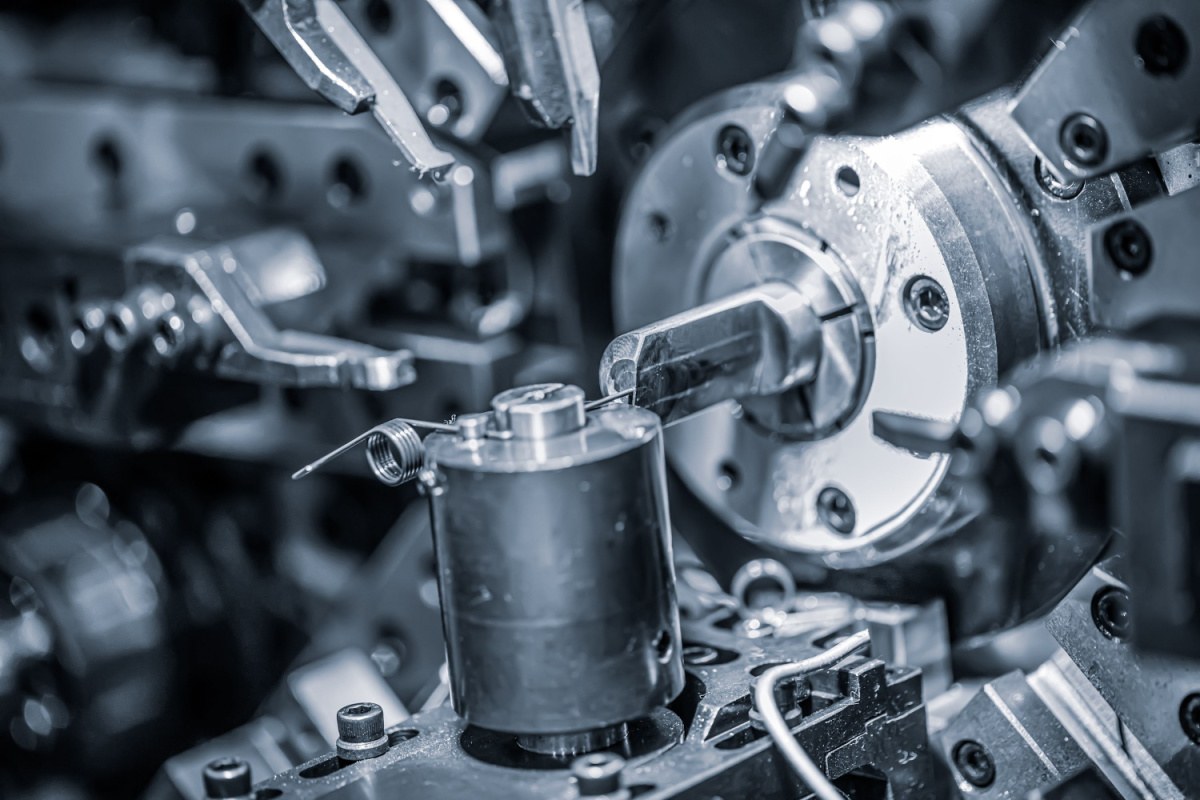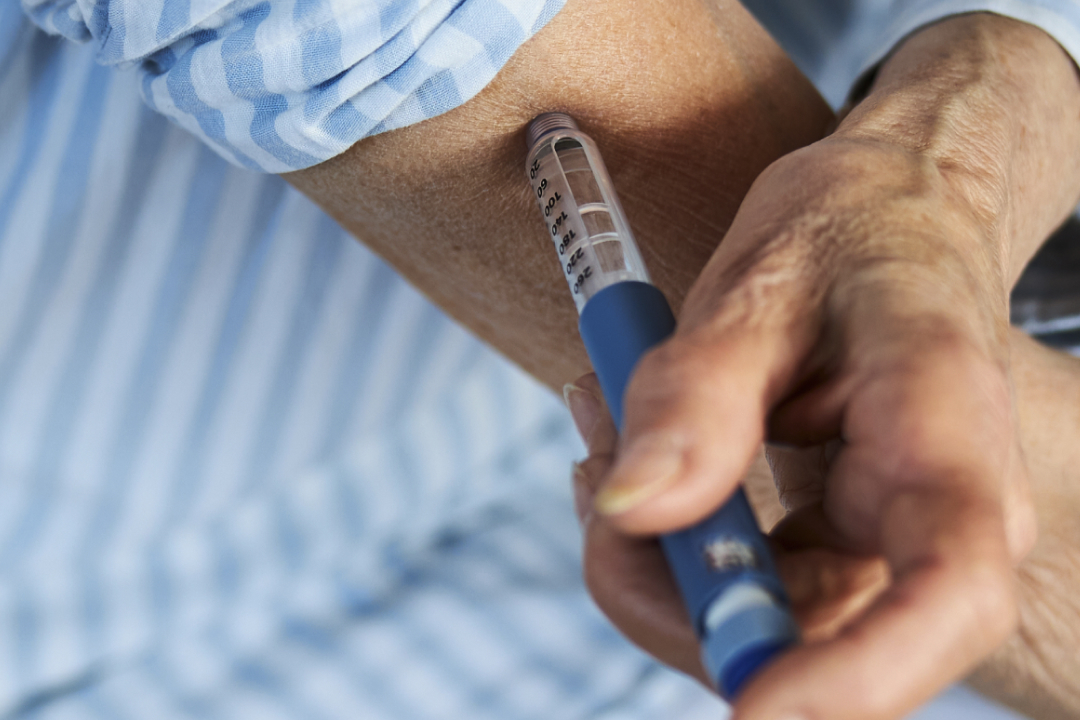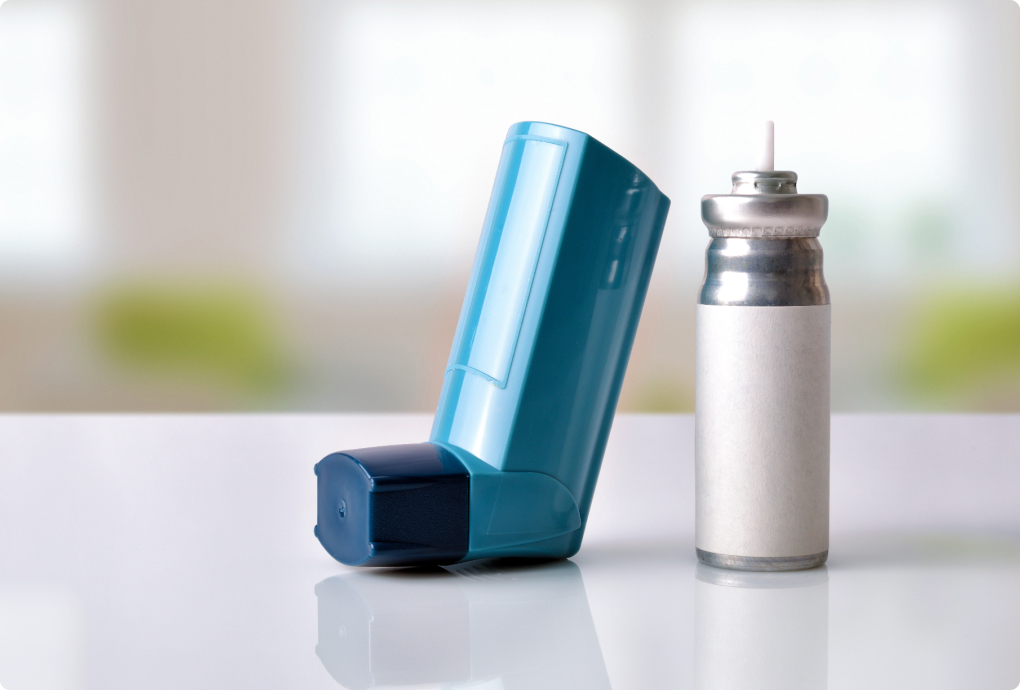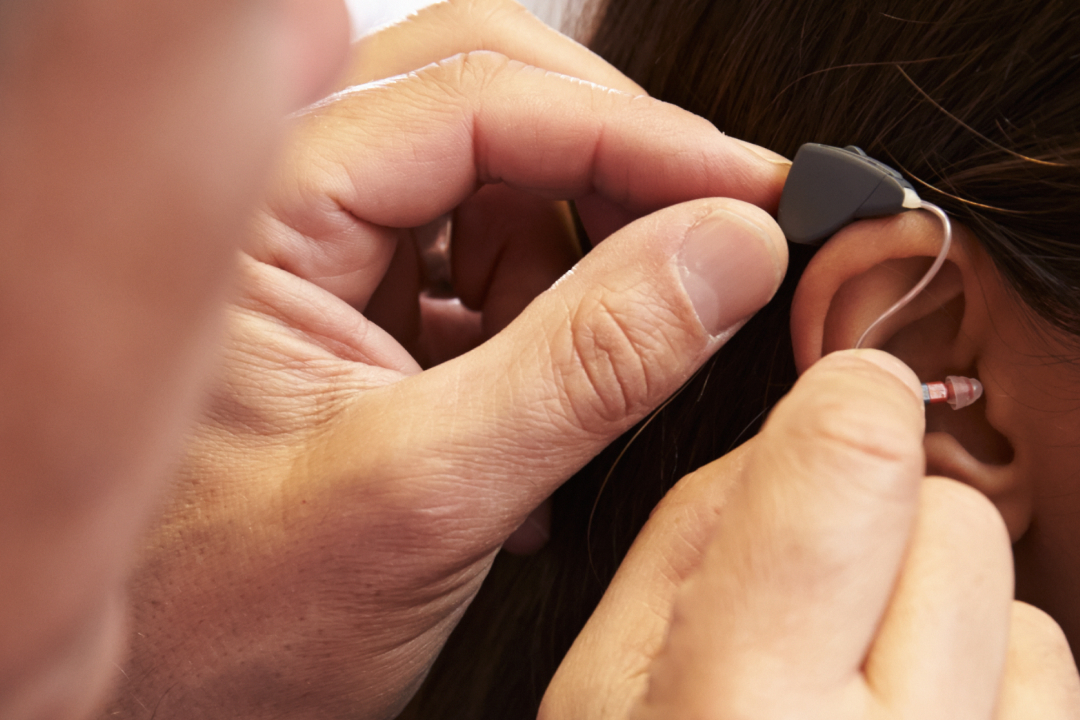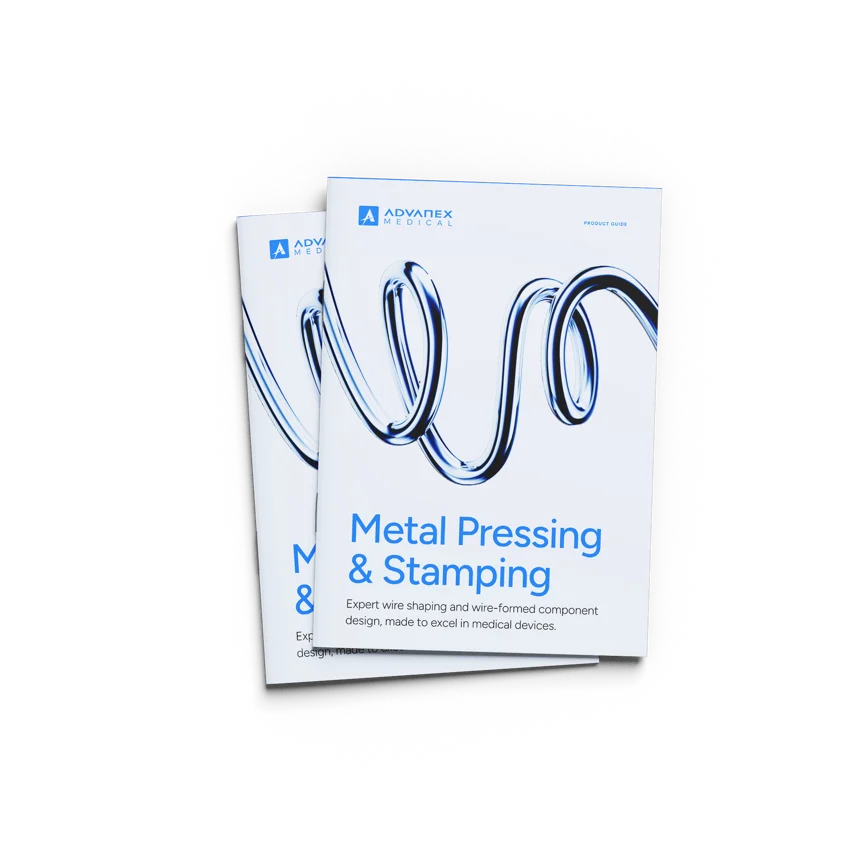Metal pressing deformation is a critical concern in medical device manufacturing, leading to increased rejection rates and lowered productivity as a result. To address this, effective techniques need to be implemented that encompass tooling and material selection, part design and advanced simulation methods.
In this article, we provide a comprehensive analysis of specific techniques that mitigate the issue of metal pressing deformation for medical components.
Tooling and material selection
Modular tooling and die sets
The development of modular and bespoke die sets are crucial in minimising metal pressing deformation. By utilising dies that are specifically designed for components, better control is granted over the manufacturing process. This results in reduced lead times and downtime, all the while diminishing the rate of component deformation for medical components.
- Ease of maintenance: Individual parts or modules can be replaced without the need for specialists, thus reducing lead times and minimising downtime.
- Enhanced durability: High-quality tooling materials and precise manufacturing reduce the risk of tool breakage and deformation, ensuring consistent part quality.
Material selection
In parallel with tooling, the choice of material selection is critical for minimising deformation in pressed parts. This is because the material determines its ease of manufacturing as well as the effect it has on tooling; harder materials will have a greater impact on tooling, leading to more frequent maintenance.
- High-carbon steel: Offers excellent wear resistance but requires careful handling to prevent brittleness.
- Stainless steel: Provides a balance between corrosion resistance and strength, but can cause wear in tooling.
Design for manufacturability (DfM)
Designing medical components with manufacturability in mind from the beginning is essential to prevent deformation. This involves considering the material flow, potential stress points and the overall geometry of the part. Ensuring adequate clearance and tight tolerances can help avoid excessive stress during pressing. Moreover, simplifying complex geometries in components can help facilitate smooth material flow and reduce the likelihood of deformation.
Heat treatments
Heat treatments are a key technique that can be used in metal pressing to reduce the risk of deformation. It can be employed strategically to enhance the mechanical properties of the metal during specific stages of manufacturing. The main heat treatment processes include:
- Stress relieving: Reduces residual stresses in the material, improving its stability.
- Hardening and tempering: Increases the hardness and strength of the material, making it more resistant to deformation.
- Austempering and local annealing: Provide a balance of strength and ductility, essential for complex medical components.
Advanced simulation methods
Finite element analysis (FEA)
FEA is a powerful tool used to predict and mitigate potential deformation in metal pressing. It can analyse the stress deformation and deformation characteristics of components under various loading conditions. This enables the optimisation of designs by adjusting part geometries and material properties to minimise stress concentrations. Additionally, FEA can simulate cycles that the part can endure before failure to help inform solutions to ensure long-term reliability. This makes it easier to efficiently produce pressed medical components that reliably pass stringent medical trails.
3D data and specified force analysis
3D data and force parameters can help accurately predict the behaviour of components when under operational loads and during pressing. They can analyse the impact of specified forces to ensure parts avoid cracking or breaking under specific levels of pressure. Moreover, they provide insights into optimal material choices and geometries to avoid deformation and enhance durability/performance. As a result, medical components and devices can have guaranteed part quality and reduce rejection rates as a result.
Partner with Advanex Medical for industry-leading metal pressing guidance
Combating metal pressing deformation in medical applications requires a multifaceted approach. By focusing on modular tooling, precise material selection, manufacturability-oriented design, and advanced simulation techniques, manufacturers can significantly reduce the risk of deformation and maintain high levels of productivity.
Advanex Medical stands at the forefront of this effort, offering bespoke solutions on each of the aforementioned techniques and expertise to ensure the highest standards of quality and reliability in medical device components. For more information on how we can assist with your specific needs, contact Advanex Medical today.

